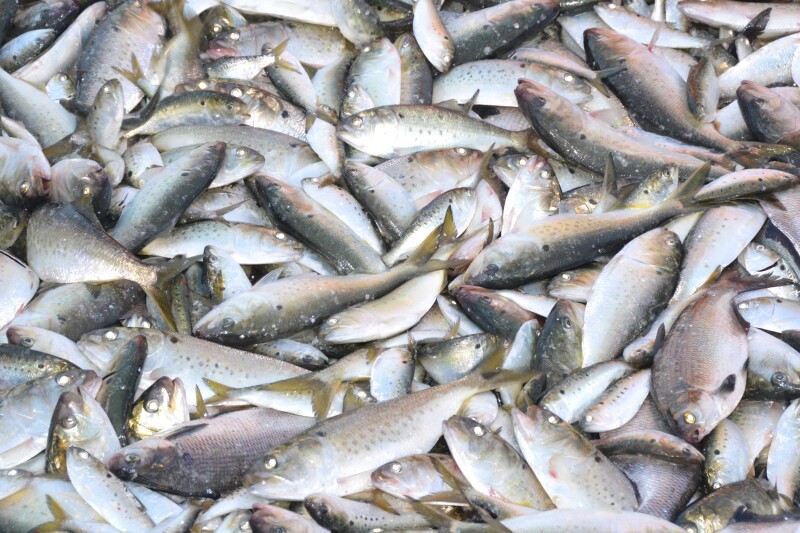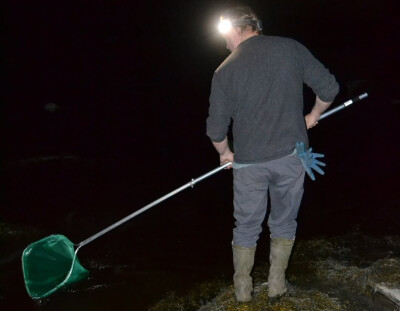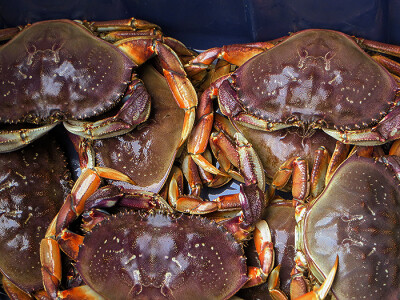The Menhaden Fisheries Coalition and six shop stewards representing union fishermen participating in the Chesapeake Bay menhaden fishery are urging the Atlantic States Marine Fisheries Commission (ASMFC) to maintain current allowable catch levels in the face of NGO criticism.
The ASMFC Menhaden Management Board is meeting on May 7 to discuss management of the species. In a letter to the board, members of the UFCW Local 400 union called on board members to listen to fishermen and adopt regulatory practices based on “sound scientific principles” rather than listen to environmental groups that claim the fishery is responsible for declines in other species in the Chesapeake Bay.
“Too often during public meetings on fisheries management, the voices of those of us who work directly in the menhaden fishery – and whose livelihoods depend on it – are dismissed as self-serving and frequently perceived as the ‘bad guys,’” the union wrote. “We are vilified by special interest groups and verbally threatened at-sea and online.”
At the center of the debate over the menhaden fishery is longstanding criticism from environmental groups that the practice of fishing for the species inside the bay is detrimental to other species that feed on the fish, such as striped bass. The Chesapeake Bay Foundation has also argued the fishery is connected to an increasing number of osprey nest failures in the bay and, in the past, has successfully pushed for fishery managers to use Ecological Reference Points when deciding available quotas.
“Quite simply, menhaden are foundational to a healthy Chesapeake Bay and productive ecosystems throughout the Atlantic coast,” the foundation said. “Unfortunately, here in the Chesapeake Bay, menhaden science is incredibly lacking.”
The foundation said the main company fishing for menhaden in the bay, Omega Protein, is partly responsible for that lack of science and claims the company has suppressed scientific studies on the subject.
Omega Protein and Omega Harvesters have publicly supported research on the stock and actively participated in research efforts in the past; however, the two companies said a recent effort by Virginia legislators to fund a new untested research method for the species would be too risky.
“Given its economic significance, concerns arose about relying on an unproven method to make decisions affecting workers’ livelihoods,” the two companies said of the study, which ultimately failed to gain funding from the Virginia legislature.
This article was published with permission from Seafood Source. Read the full article on Seafood Source.







